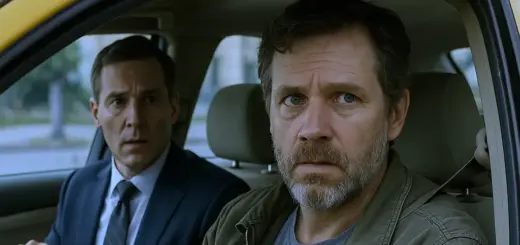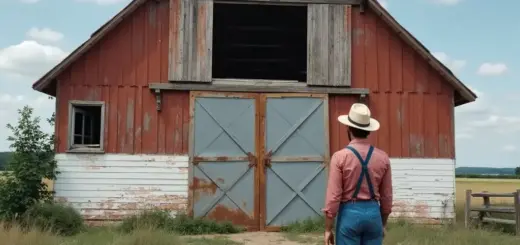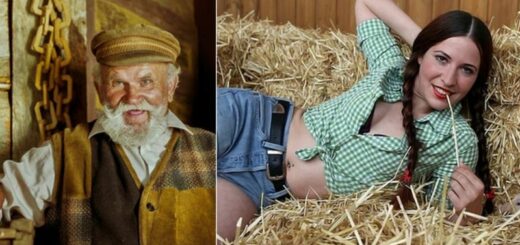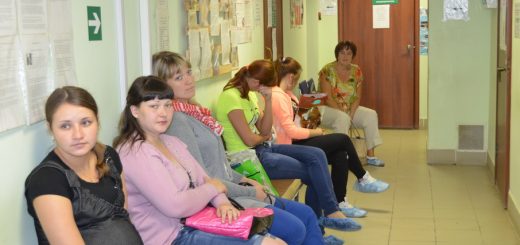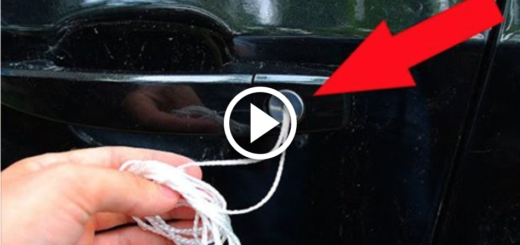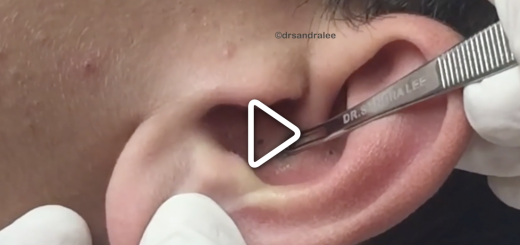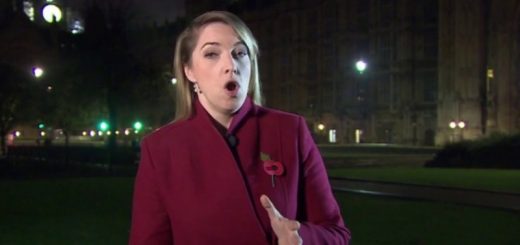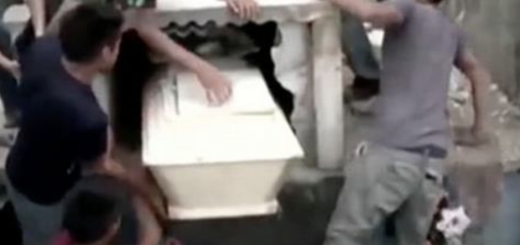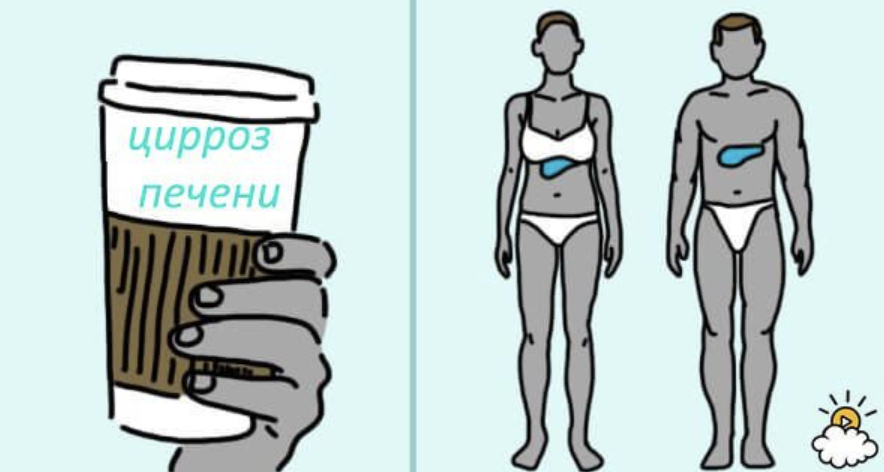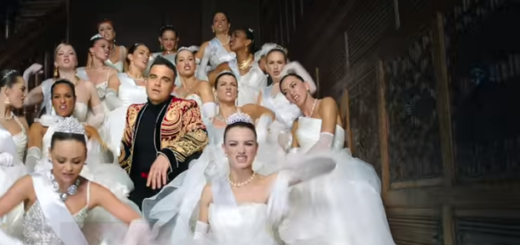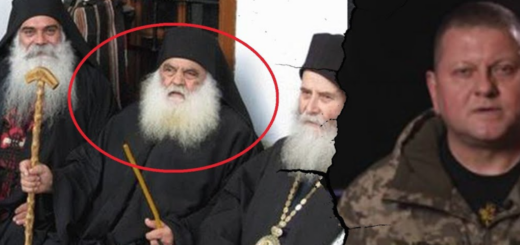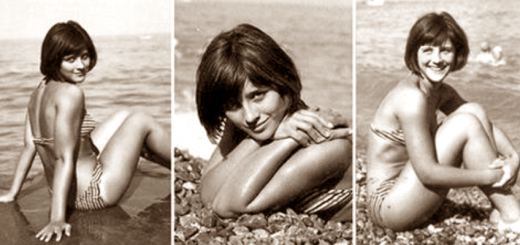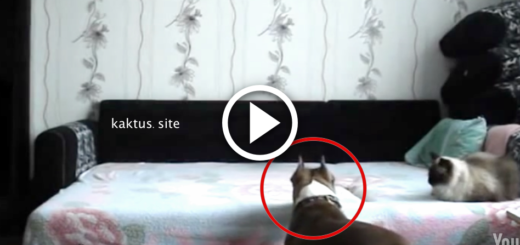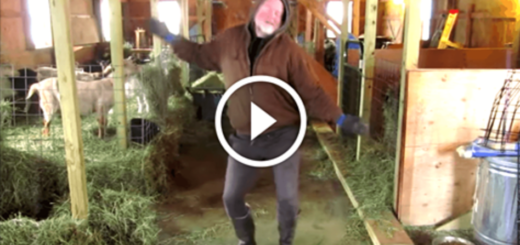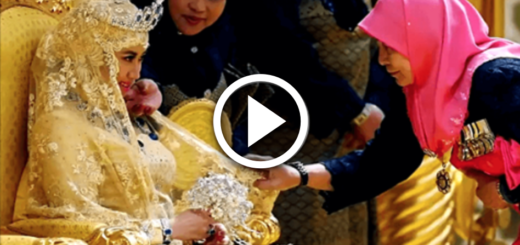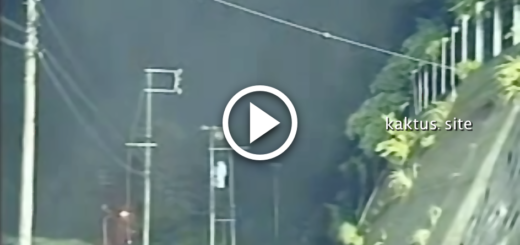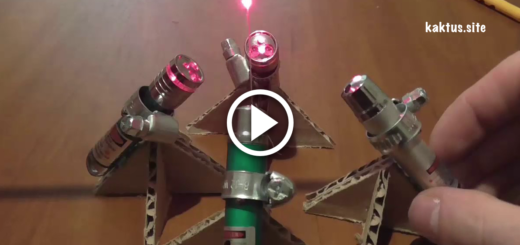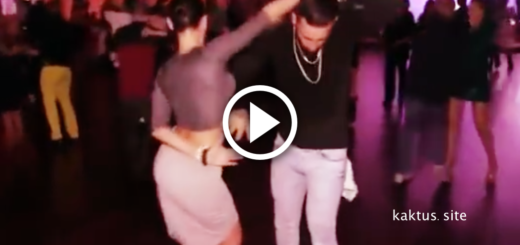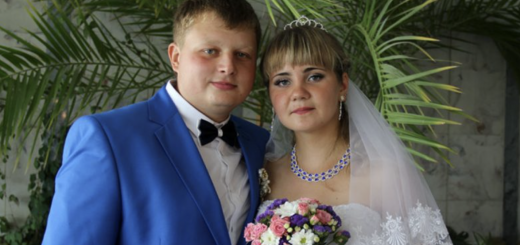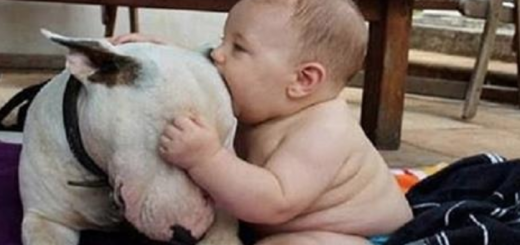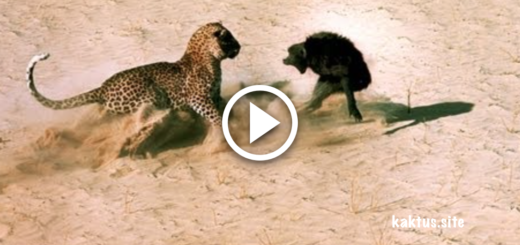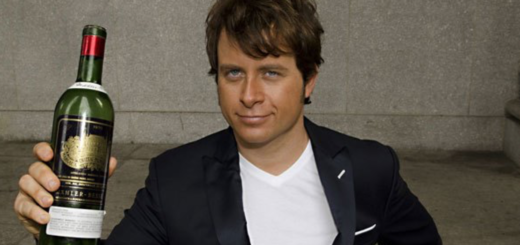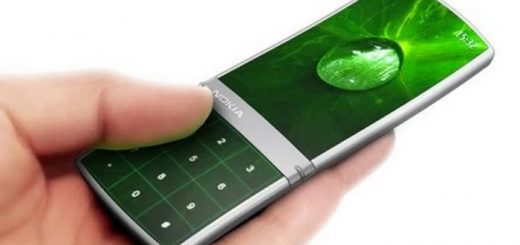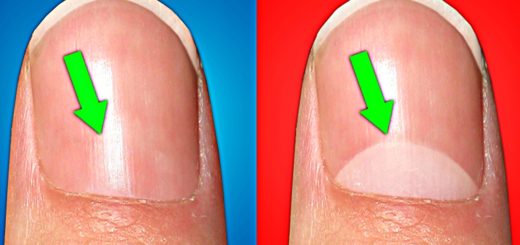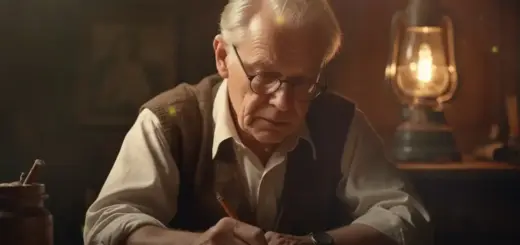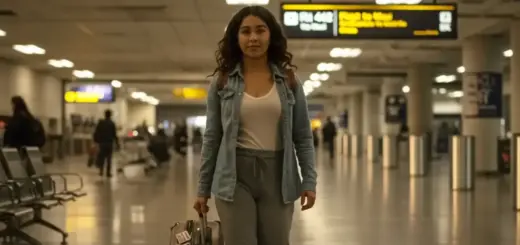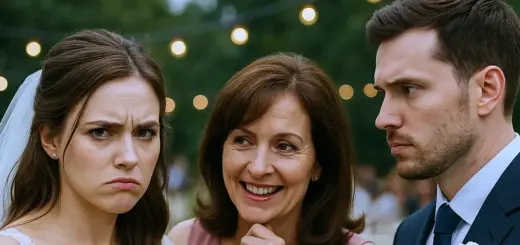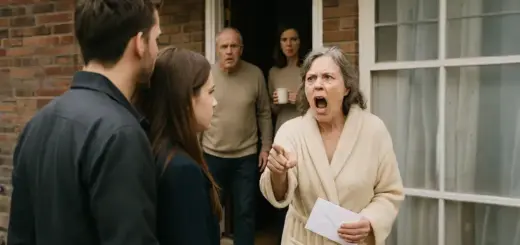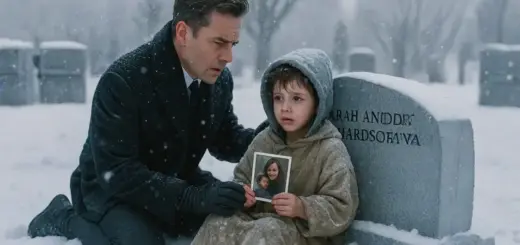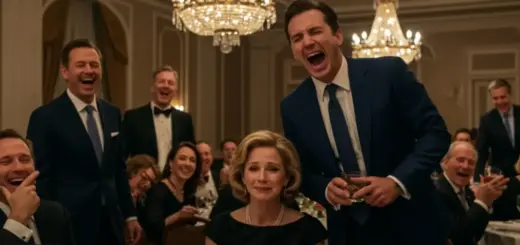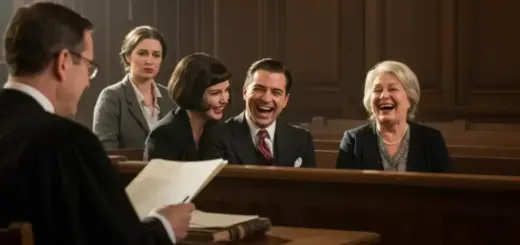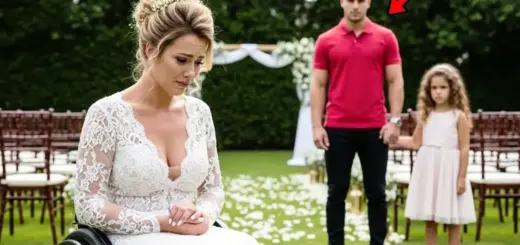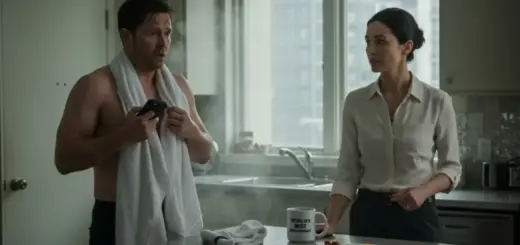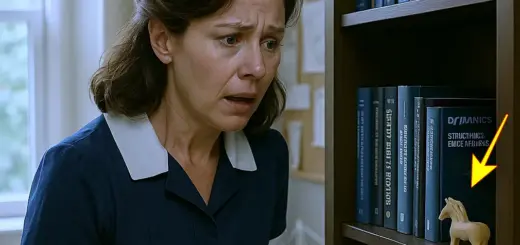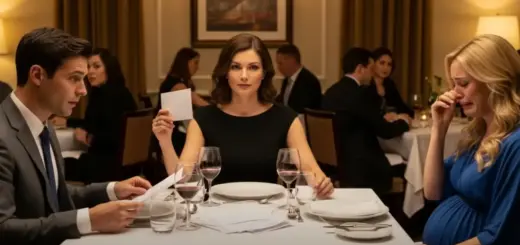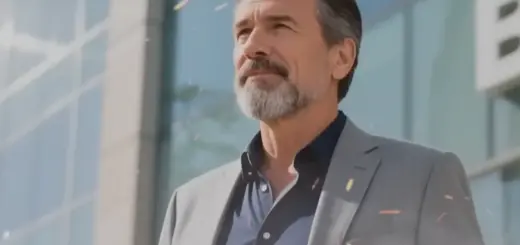My name is Nova Knauer, and I’m 29. The band had just switched from the swelling strings of our first dance to something you could breathe in. Glasses chimed. Someone’s aunt laughed too loudly. Fairy lights pressed meek halos onto everyone’s hair. I could taste the frosting from the cake test on my thumb, the way sugar hangs on the air when a moment tries to convince you it’s perfect. And then my mother smiled. It was the smile I grew up inside of: soft, bright, beautifully rehearsed.
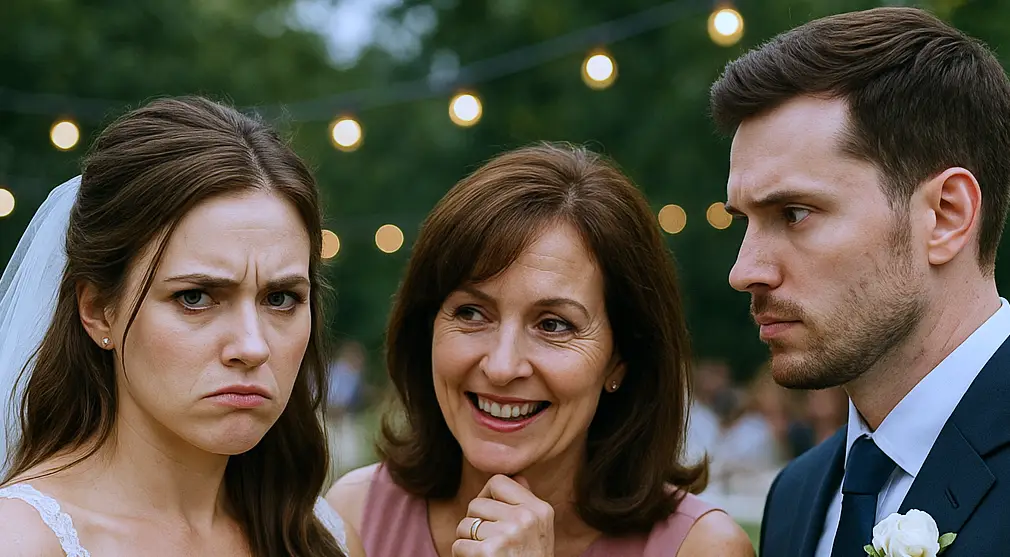
A pageant smile. A Sunday smile. The kind that tells the room that everything is okay, even when the furniture is already on fire in the next room.
She leaned in close enough for her perfume to erase the last of the cake. «We’re passing the car your boyfriend’s parents gifted you to your sister.» It was a sentence delivered like a favor, like she had reorganized the pantry and found a home for something I obviously wasn’t using correctly.
Next to her, my sister, Danielle, tilted her head. The sequins on her dress winked like private jokes. «Relax,» she said, light and polished. «It’s just a car.»
I didn’t look at Danielle. I looked at my mother’s teeth, set in that perfect line. On cue, my father drifted closer, as if formality required a witness.
Behind them, my husband, Evan, caught my eye, his brows lifting just a hair. He didn’t move. He didn’t have to. We had already decided who we were.
There’s a particular silence that arrives at weddings, not the kind made by empty rooms, but the kind that folds itself over music, presses on laughter, freezes smiles mid-crinkle. That silence arrived now and smoothed everything flat.
Danielle’s voice cut it. «It’s honestly safer for me,» she added, airy. «My old car is tragic.» She laughed at her own line. Of course she did.
Evan’s mother and father had given us the car at the rehearsal dinner—clean, used, reliable, not flashy. They’d handed me the title with both hands, like a blessing. «You built this together,» his father said. «Here’s something that helps you move forward.»
The title was in my name, a welcome into their family that felt like trust, not ownership. Maybe that was the problem. I learned to recognize problems before they had names.
When we were kids, Danielle got the bigger room. I got the explanation. «She’s younger, sweetie. She needs more space.»
When she spilled nail polish remover on my homework table and it chewed the varnish raw, Mom said, «You should have kept your school stuff in your room.» Danielle borrowed my sweaters and returned them pilled. I got a lecture about sharing gracefully.
She wrecked her first car. The weather was blamed. I worked three warehouse Christmases to buy my first one. The lesson was that I was dependable.
The pattern was tidy. Danielle asked sweetly, smiled gently, and when that didn’t work, my parents reached for their toolkit: excuses, explanations, a chorus of «she’s sensitive» and «you’re the resilient one.»
I was the older sister, the cross-trained adult who could wait, could give in, could hand things over without making a scene. I used to wear «resilient» like an honor. By 29, it felt more like a bell rope other people tugged when they wanted something.
Evan’s hand brushed my elbow, just a tap, a question. I answered without looking at him. I slipped my fingers into my clutch and felt the weight of the slim flat envelope inside. Paper shouldn’t feel heavy. This did.
My mother’s smile brightened by a watt. «We told her earlier,» she said, chirping the words like we were revealing a surprise vacation. «She’s had such bad luck with cars and we thought, well, this would be more useful with her. You two can manage with one for now.»
She said «manage» like a ribbon she was tying for me. I took a breath that tasted like glass. «You’re giving away our wedding gift,» I said, not loud, not accusing, just a sentence that wanted only to be acknowledged.
Mom’s smile barely trembled. «Don’t make this a thing, Nova. It’s just a car.»
«Your envelope was empty,» I heard myself say. «We took it as a symbolic gift.» I didn’t plan the line. I think the line planned me.
Across from me, Danielle’s lips parted, delighted outrage coloring her cheeks. «Wow,» she said, half-laughing, like she was above it and beneath it at once. «You really think you’re tough now?» Somewhere near the cake, a phone camera lifted as if moved by prayer.
I leaned toward Evan and whispered, «Give me the envelope.» He didn’t ask which one. He didn’t ask if I was sure. He slid the envelope out of my clutch with practiced ease and placed it in my palm, palm to palm, like a vow.
My father reached for it before my mother could, curiosity scissoring his brow. Danielle leaned in, eyes hungry. They opened it like it might be a check big enough to bend light. They didn’t expect the legal kind of paper.
Mom’s eyes flicked over the page, reading too fast to hide her eagerness. The practiced smile didn’t crack. It thinned. Danielle read over her shoulder and lost her smirk before the second paragraph.
Dad pinched the top of the page, scanning, scanning, like the words might rewrite themselves out of embarrassment. «What is this?» he muttered. I didn’t make them wait.
«A notarized declaration,» I said, my voice just steady enough to carry, «executed two weeks ago. It states that all wedding gifts, including the vehicle, titled in my name, cannot be sold, gifted, or transferred without my written, notarized consent.»
«Any attempt to reassign it will trigger an automatic legal review and restrict any future inheritance arrangements from Evan’s side.»
The music didn’t so much stop as kneel. «You can’t be serious,» Danielle said, a thin edge of panic sharpening her vowels. «You’re threatening us at your own wedding?»
«You made a public claim,» I answered. «I’m giving a public boundary.»
Dad let out a laugh with no humor inside it. «This is petty, Nova, over the top. It’s a car, not a child.»
«No,» I said. «It’s the principle.»
«It’s every principle you taught me that only applied when Danielle didn’t want something.»
Mom slid the paper back into the envelope like it had insulted her manicure. «We’re family,» she hissed softly. «You don’t treat us like criminals.»
«You went into our garage last night,» I said, the line as quiet as a blade. «You took photos of the car and posted them.»
Danielle blinked, slow, like a deer deciding whether the world was real. «It was a joke,» she said. «Symbolic.»
«Symbolic of what?» Evan asked, the first words he’d offered, his tone glass-calm. «That your presence is the gift?»
A gasp flitted from someone’s aunt. Mom’s smile finally cracked.
I could feel a tremor begin in my legs, the aftershock of choosing yourself in public. It should have felt like an earthquake. It felt like stepping onto a dock after a long boat ride: unsteady, but under it, the blessed promise of solid wood.
Danielle squared her shoulders. «You’ve always been like this,» she said, finding her footing in accusation. «Both of you. Self-righteous.»
I turned to her fully. I didn’t raise my voice. «You’ve coasted on apologies I had to make. You’ve taken consequences like coats other people could wear. You call it family. I call it access.»
«Enough,» Dad said, trying to retake the room. «This is a wedding.»
«And this,» I said, «is the last day I pretend this doesn’t happen.»
Evan’s fingers threaded through mine. One, two, three. A count-off. The band waited. The guests waited. The old script waited for me to obey it.
I didn’t. I took out a second envelope and held it between two fingers. Danielle’s name was printed on the front. She stared like it burned.
Mom went to snatch it, but I pulled it back half an inch, a boundary made visible. «This one is real, not symbolic,» I said gently. «Consider it documentation.» Behind us, the cake sighed.
Somewhere far away, a cork popped, indecently cheerful. «Dance,» Evan said to the band, softly, like a dare. The drummer lifted his sticks.


